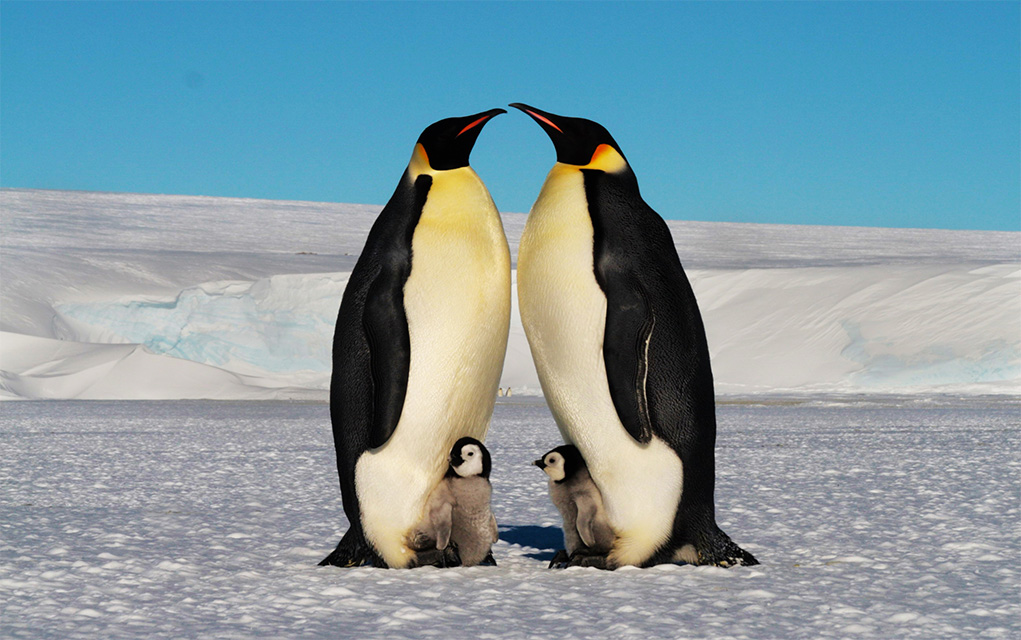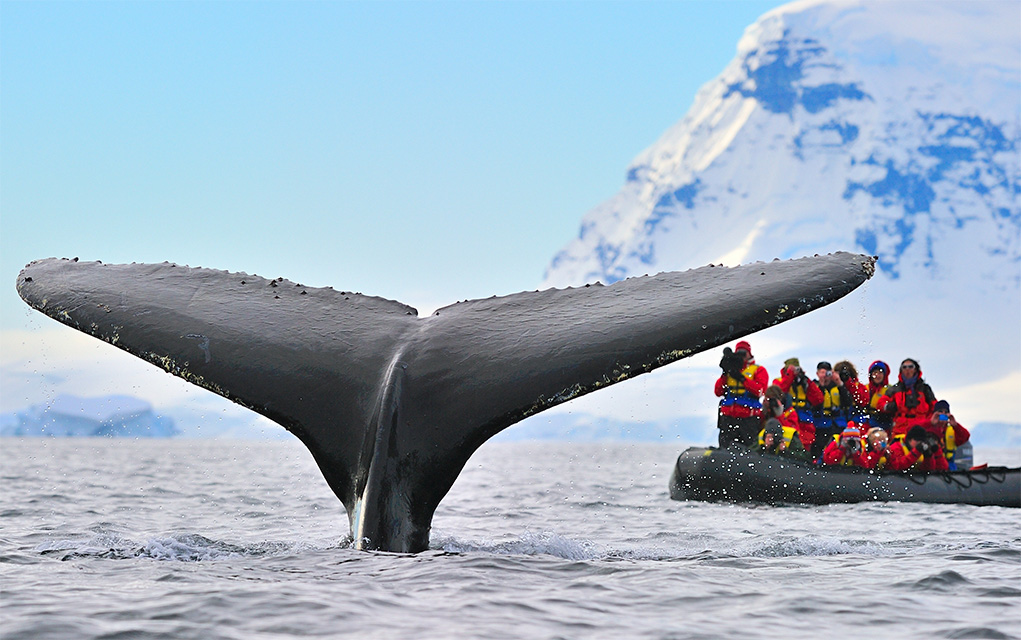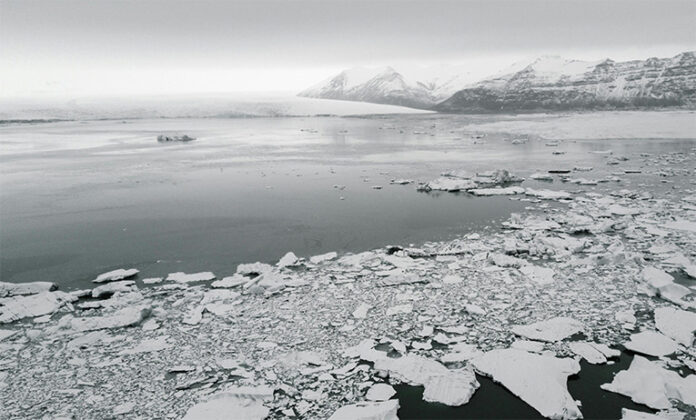The loss of Antarctic sea ice has become a critical issue that has garnered significant attention from the scientific community in recent years. Over the last two years, scientists have recorded an “alarming” 20 per cent decline.
The Antarctic continent is covered in ice. Overall, the area plays a crucial role in regulating the Earth’s climate system, and its sea ice acts as a vital component of this delicate balance.
The concerns scientists raise regarding the decline of the area’s sea ice stem from various interconnected factors that have far-reaching implications for the environment, ecosystems, global climate, and human societies. But they fear we’ve now passed a critical tipping point.
Every year, a gobsmacking 150 billion tonnes of Antarctica’s land ice melts and enters the Southern Ocean. The Southern Ocean itself is becoming stormier, warmer, higher and increasingly deprived of oxygen.
Importance of Antarctic Sea Ice
Antarctic sea ice is distinct from the ice sheets covering the continent itself. It forms as seawater freezes during the winter months and expands across the Southern Ocean. This ice cover acts as a reflective surface, bouncing sunlight back into space, which helps regulate the planet’s temperature by contributing to the Earth’s albedo—the ability to reflect solar radiation.
Moreover, the sea ice serves as a habitat and breeding ground for various species, including krill, fish, seals, and certain species of penguins. It plays a pivotal role in the Antarctic food web, providing a platform for these species’ survival. Consequently, any alterations in the sea ice conditions can have cascading effects on the entire ecosystem.

Declining Trends and Scientific Concerns
Over the past few decades, scientific observations have highlighted a concerning trend of decreasing sea ice extent and thickness in the Antarctic. Satellite data and field measurements have revealed a significant decline in the overall area covered by sea ice during certain periods of the year. While there can be regional variability, the general consensus among studies points towards a diminishing trend.
Several factors contribute to this decline, with climate change being the most prominent driver. Rising global temperatures caused by human-induced greenhouse gas emissions are altering weather patterns, ocean currents, and atmospheric circulation. These changes disrupt the natural processes that govern sea ice formation and melting.
The loss of Antarctic sea ice has profound implications:
Climate Feedback Mechanisms
ALLBEDO EFFECT: Diminished sea ice means less reflection of sunlight, leading to more absorption of heat by the dark ocean waters. This contributes to further warming, creating a positive feedback loop that accelerates the melting of both sea ice and land ice.
OCEAN CIRCULATION: Changes in sea ice influence ocean currents, potentially disrupting the global thermohaline circulation—the vast system of currents that regulate Earth’s climate. This could impact weather patterns worldwide, leading to unpredictable and extreme climate events.
Ecosystem Impact
LOSS OF HABITAT: Reduction in sea ice affects the habitats of numerous species that depend on it for survival, potentially disrupting their life cycles and causing population declines. For instance, a decrease in krill populations, which rely on sea ice algae, can have ramifications up the food chain, affecting larger predators such as whales and seals.
SHIFT IN SPECIES DISTRIBUTION: Changing sea ice conditions might force species to adapt by altering their migration patterns or moving to different areas in search of suitable habitats, leading to potential conflicts with other species or human activities.
Societal and Economic Implications
The consequences of declining Antarctic sea ice extend beyond environmental concerns. They have socio-economic impacts as well:
FISHERIES AND ECONOMY: Changes in sea ice affect fisheries as shifts in ecosystems may impact fish stocks, potentially disrupting commercial fishing operations that rely on stable and predictable conditions.
SEA LEVEL RISE: While sea ice itself doesn’t contribute directly to sea-level rise, the melting of land ice in Antarctica—affected by changes in sea ice—can significantly contribute to global sea-level rise, threatening coastal communities worldwide.
Human-induced climate change
Overall, the loss of sea ice in the Antarctic is a multifaceted issue with implications ranging from environmental to societal and economic domains. Scientific evidence is now conclusive that this trend is a result of human-induced climate change, and addressing it requires concerted global efforts to reduce greenhouse gas emissions, mitigate further climate impacts, and protect vulnerable ecosystems.
Efforts to monitor and understand the complex interactions within the Antarctic system remain crucial. Implementing policies prioritising conservation, sustainable resource management, and international cooperation are vital steps towards mitigating the adverse effects of diminishing sea ice in the Antarctic and safeguarding the planet’s future.

References:
Stammerjohn, S. E., et al. (2019). Trends in Antarctic annual sea ice retreat and advance and their relation to El Niño–Southern Oscillation and Southern Annular Mode variability. Journal of Geophysical Research: Oceans, 124(3), 1833-1848.
Turner, J., et al. (2017). Antarctic climate change and the environment: an update. Polar Record, 53(3), 247-259.
Massom, R. A., et al. (2018). Antarctic sea ice: its development, variability, and impact on the global system. Wiley Interdisciplinary Reviews: Climate Change, 9(2), e522.






